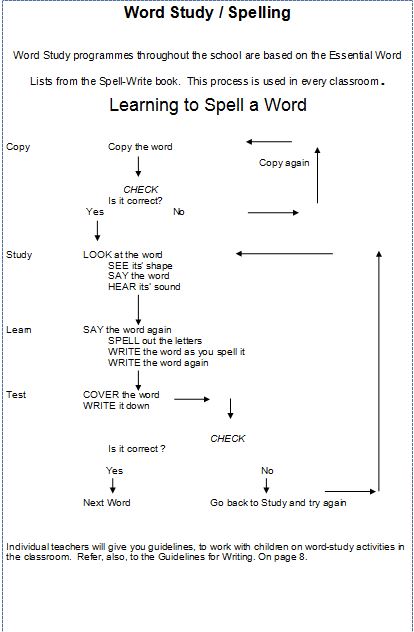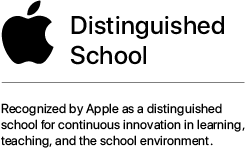Seatoun School Community Volunteers Guidelines
Everyone involved with our school appreciates your generous offer of time.
Introduction
Why we encourage parent / community help in the classroom:
- Children need support for many reasons.
- We know you will get lots of enjoyment out of your involvement, especially when you see the progress the children make over time.
- The children love having someone to share their work with, and both the children and the staff benefit from having extra adults to support the programmes
If it unsettles your own child at any time to have you working in their room, don’t be put off. Discuss it with the teacher and consider working elsewhere in the school.
Pre-schoolers can be included in some activities, but it is not always appropriate – classroom teachers will discuss this with you.
As all information gathered from working with children is absolutely confidential, please do not discuss individual children outside of school; but do feel free to enthuse about the programmes and your involvement!
Your feedback is important to us. Comments to Catherine Miller (project leader), in Room 17.
If, after reading this booklet, you are unsure about what is expected, please ask the classroom teacher.
School-wide Expectations (School Values)
Everyone in this school is expected to adhere to our school values.
- Respect
- Responsibility
- Self control
- Perseverance
- Giving
- Compassion
- Honesty
- Positivity
- Courage
Classrooms will also often have class contracts (agreed rules and responsibilities). These are useful to familiarise yourself with.
Being a positive role model is an important aspect of your role. There will be times when a child has an ‘off-day’ or is tired and uncooperative. Refer any problems that you may have with a child, or children, to the class teacher straight away. You are not expected to deal with behaviour issues. We would rather give you someone else to work with.
Safety Procedures
On arrival at school, please sign in at reception each time you come.
Teachers follow an emergency plan and carry an emergency pack. Please ask about this on your first visit, and support the teachers instructions should an emergency arise.
Some General Guidelines for Helping Children
- RELAX!
- Our goal is to help children take responsibility for their own learning so…WAIT! Give the child a chance to work out the problem(s) independently, before helping.
- Talk to the children about their work:
Why are you doing this activity?/ What is the purpose of this active ity?
- What else could you try?
- What haven’t you done?
- What will you do now?
- Be firm about what the children should be doing but…
- BE POSITIVE! Recognise all of the child’s attempts. Praise something specific in the child’s work, for example: Well done, you worked that out all by yourself, Wow, you can concentrate for so long, or, You’ve got a great attitude to writing!
- Don’t try and teach about every error, it will confuse the child.
Reading
Talk to the child about the book BEFORE beginning reading – predict what will happen and introduce some of the vocabulary by looking at the pictures. If the child does not know a word suggest that they:
- Go back and try again.
- Look at how the word starts.
- Check the picture for a clue.
- Think about the story – what will make sense.
- Go on to the end of the sentence.
- Go back and check that they have read the little words right.
PAUSE (wait 5 seconds), PROMPT (you help), PRAISE.
- After two prompts, tell the child the word.
- Challenge yourself not to say, No that’s wrong!
- Read with the child if the books are hard.
After reading, talk about the book.
For example:
- What happened?
- Which bit did you like?
- Has anything like this happened to you?
Maths
Encourage the child and remember that learning involves making mistakes. If your child isn’t sure of the answer to a question you’ve asked, wait a few seconds. Give that young mind time to think. Then encourage and help them to work it out.
If they still do not know the answer, tell them. For many children, just being beside them is of great benefit.
Writing
The School-wide Writing Conventions are:
- Children write in black pen, on every second line.
- As they write, children underline possible errors (or the part of the word they are unsure of).
- Corrections are made by the child. They are written (in red pen), above the attempted word, during the proof-reading or editing part of the lesson.
- Corrections made by adults are written in another colour, on the line above the error.
Guidelines to Help a Child with Writing:
- Talk to the child about their writing. Ask them what they are writing and what will happen next, for example.
- Praise close approximations (eg. ‘lst’ for ‘last’), not just correct words. These ‘close approximations’ guide the child to find the word in the dictionary when proofreading.
- If a child cannot write a word, say to them:
How does it start?
What sounds can you hear?
Encourage the child to give words a go, and remind them to ‘underline to register doubt.
EDITING – is checking that the meaning is clear.
During editing ask children, “What did you mean to say?” and, “Could you add another idea?”
PROOF-READING – is checking the accuracy of the way the word(s) is written down.
During proof-reading assist children to self-correct 1 or 2 words using a dictionary. Encourage and help the children to add punctuation as needed.
Publishing of Work
We need people with skills to type children’s written work (either at school or at home), or to assist children to write it.

Word Study / Spelling
Word Study programmes throughout the school are based on the Essential Word Lists from the Spell-Write book. This process is used in every classroom.

Risk Management
(Developmental, Art, Technology, Sport, Science)
To ensure the safety of all children (and adults), at all times, you need to be aware of, and here to, any risk Are Management sheets which have been developed by the staff or children, for any given activity.
Playtime
You are always welcome to join us in the staffroom for refreshments. Toilets are located in the staffroom.
For safety reasons there are protocols which we ask everyone to respect.
If you want to help with playground activities or offer specific sports skills practice, let us know.
We would welcome some assistance.
Please wear a brimmed sunhat outside on the premises. (Terms 1 & 4).
Older children are expected to be good role models for younger children.
There will always be three teachers on duty. The office will handle any medical needs that arise. Check with them also if you are unsure how to handle anything. They will be there to support you.

